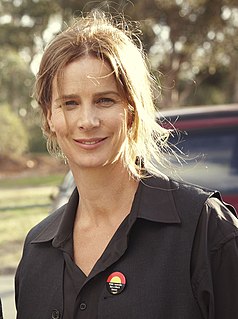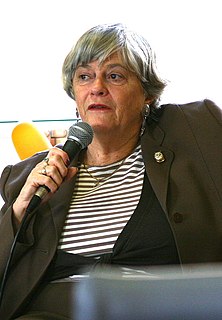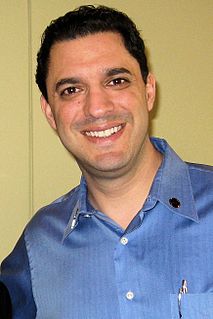A Quote by Sara Pascoe
For all of the separateness of church and state, Christian morality has shaped Britain and its inhabitants for a very long time.
Related Quotes
Although I'm not Christian, I was raised Christian. I'm an atheist, with a slight Buddhist leaning. I've got a very strong sense of morality - it's just a different morality than the loud voices of the Christian morality.... I can't tell you how many films I've turned down because there was an absence of morality. And I don't mean that from any sort of Judeo-Christian-Muslim point of view. I'm not saying they're wrong and can't be made. But, fundamentally, I'm such a humanist that I can't bear to make films that make us feel humanity is more dark than it is light.
That the religious right completely took over the word Christian is a given. At one time, phrases such as Christian charity and Christian tolerance were used to denote kindness and compassion. To perform a "Christian" act meant an act of giving, of acceptance, of toleration. Now, Christian is invariably linked to right-wing conservative political thought -- Christian nation, Christian morality, Christian values, Christian family.
In the first place, the church can ask the state whether its actions are legitimate and in accordance with its character as state, i.e., it can throw the state back on its responsibilities. Secondly, it can aid the victims of state action. The church has an unconditional obligation to the victims of any ordering of society, even if they do not belong to the Christian community. The third possibility is not just to bandage the victims under the wheel, but to put a spoke in the wheel itself.
In a Christian Theocracy, you'll never be Christian enough. There's always going to be somebody there with another version of Christianity that is more Christian than you and you're going to lose the freedom to make the choice because you didn't defend the Separation of Church and State when you had the chance.
In Britain, when someone says they do not believe in God, they stop going to church. In the U.S., many who may have doubts about Christian orthodoxy may continue to go to church. They do so because they assume that a vague god vaguely prayed to is the god that is needed to support family and nation.
It is true that traditional Christianity is losing some of its appeal among Americans, but that is a religious, not political, matter. It is worth remembering that the Jeffersonian 'wall of separation' between church and state has always been intended to protect the church from the state as much as the state from the church.
I have now been an officer in this Church for a very long time. I am an old man who cannot deny the calendar. I have lived long enough and served in enough different capacities to have removed from my mind, if such were necessary, any doubt of the divinity of this, the work of God. We respect those of other churches. We desire their friendship and hope to render meaningful service with them. We know they all do good, but we unabashedly state—and this frequently brings criticism upon us—that this is the true and living Church of our Father in Heaven and His Son, the Lord Jesus Christ.

































